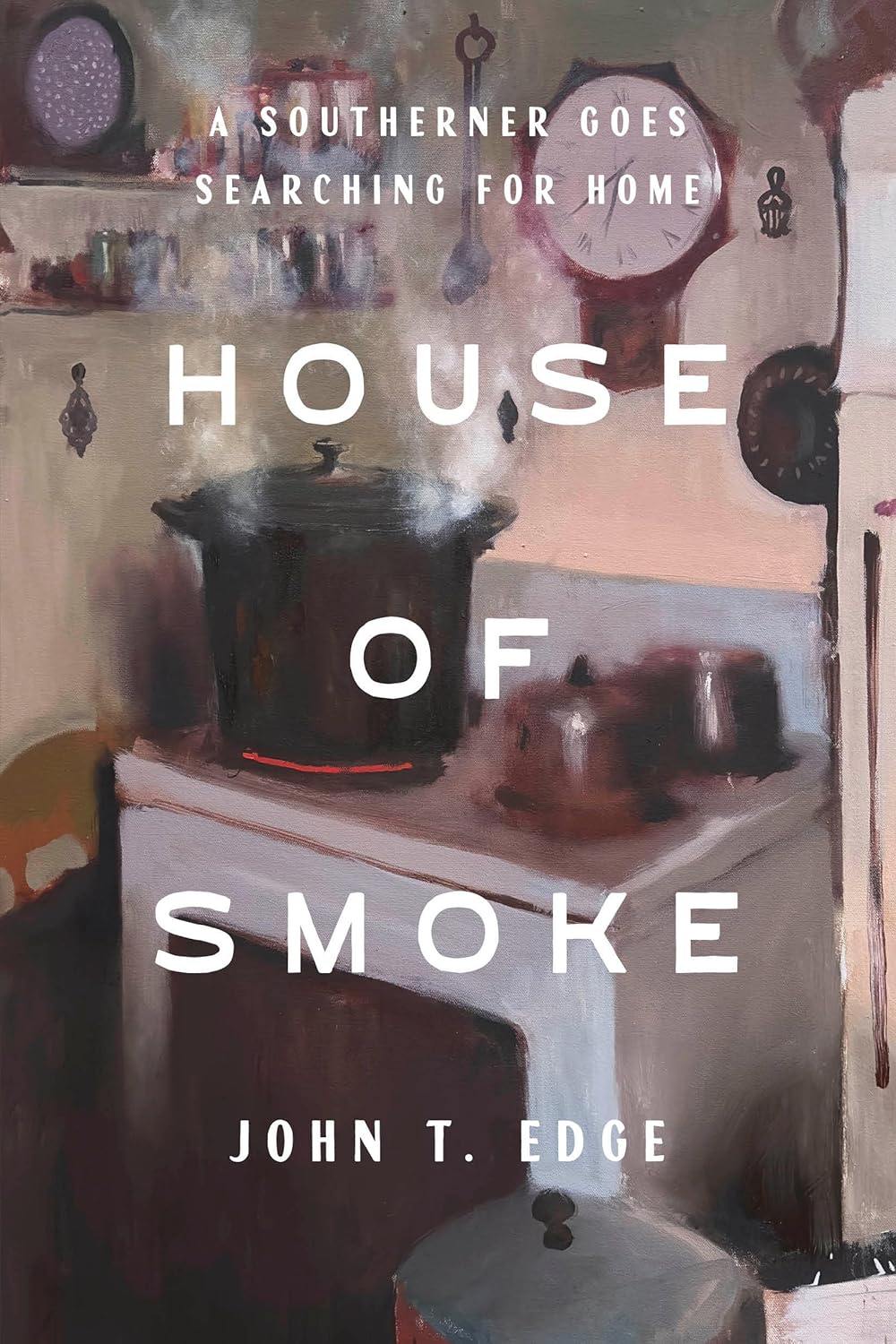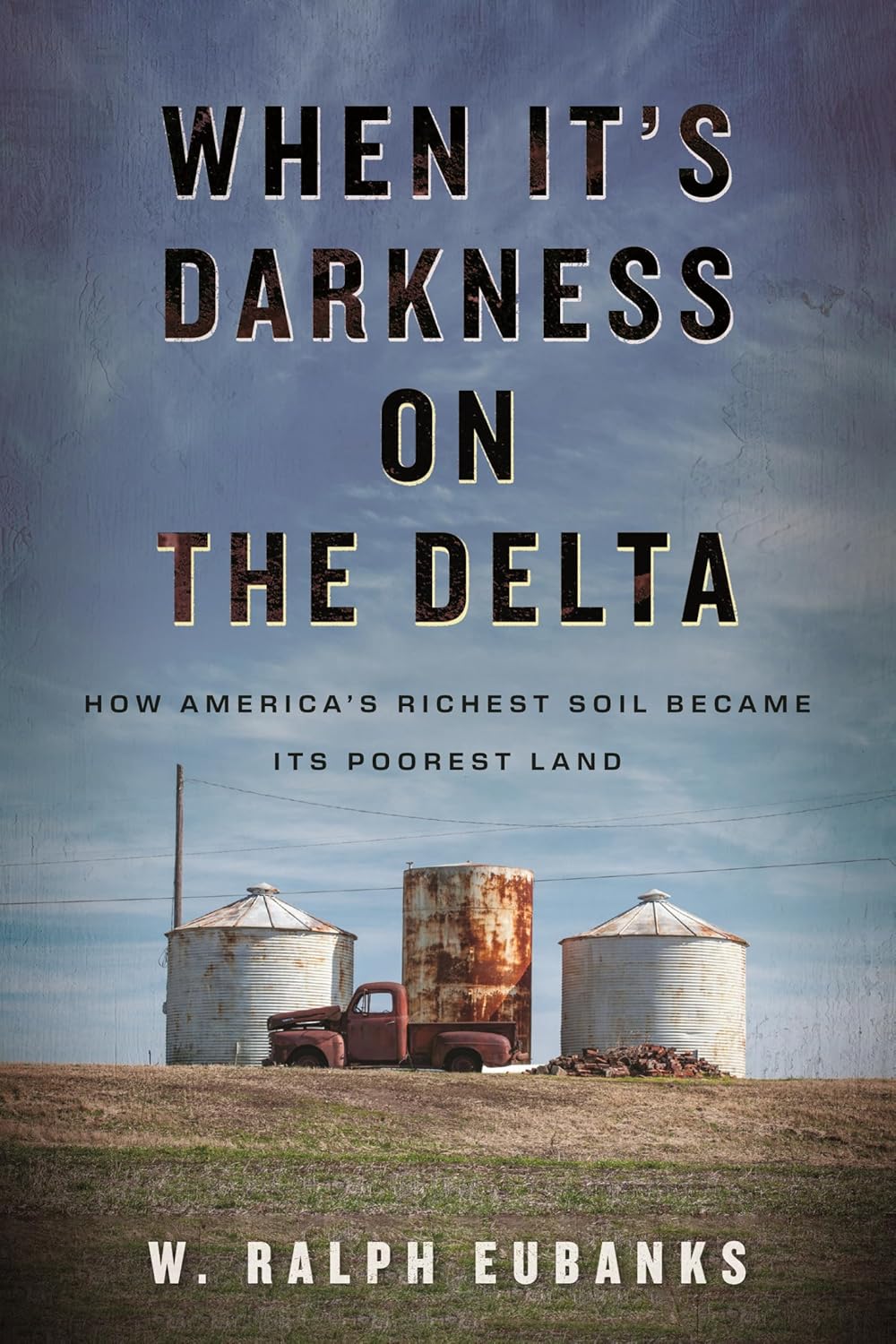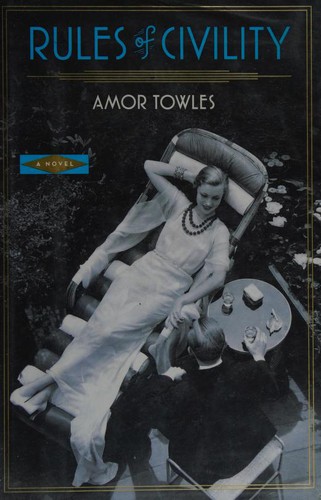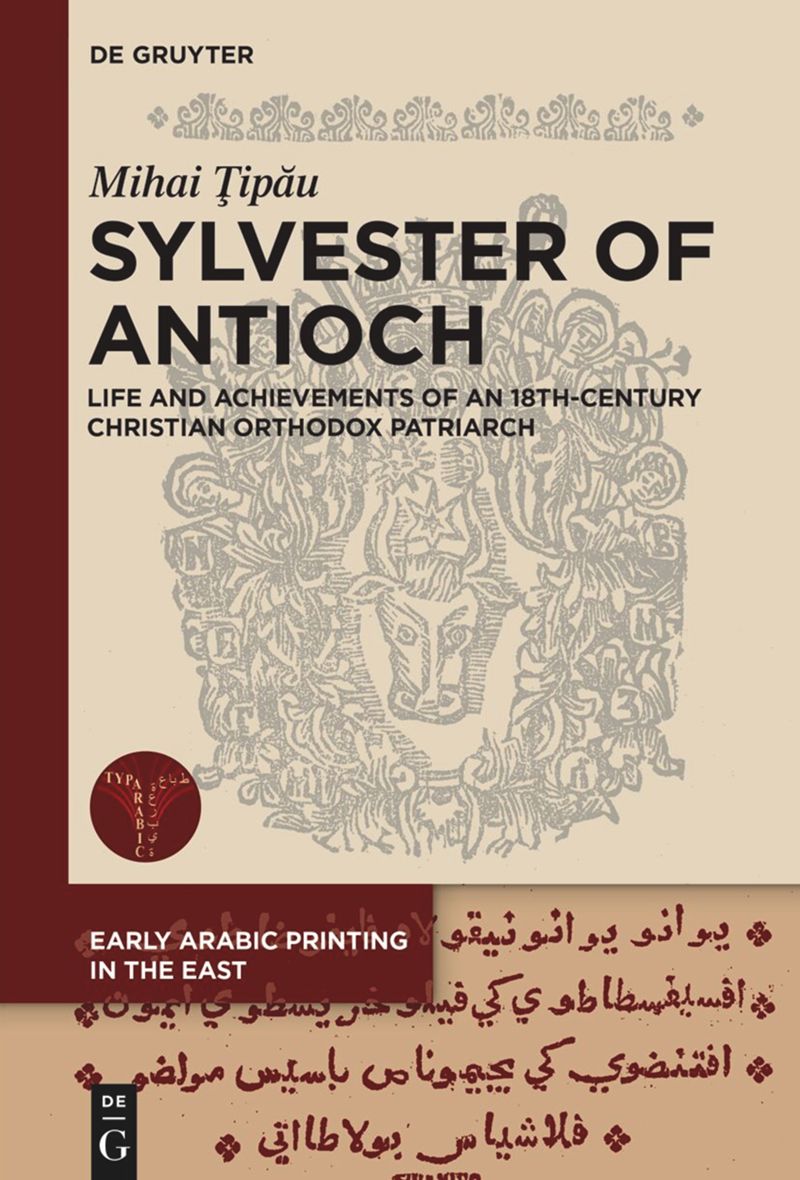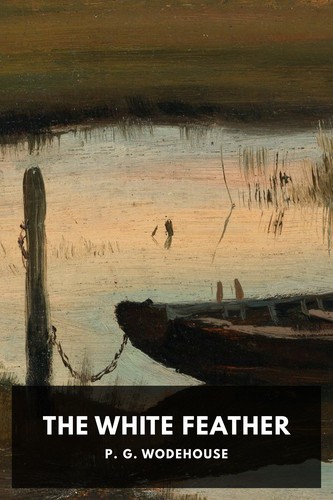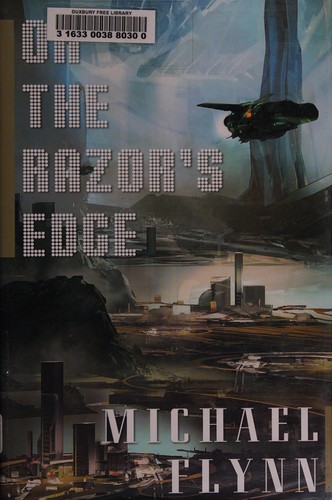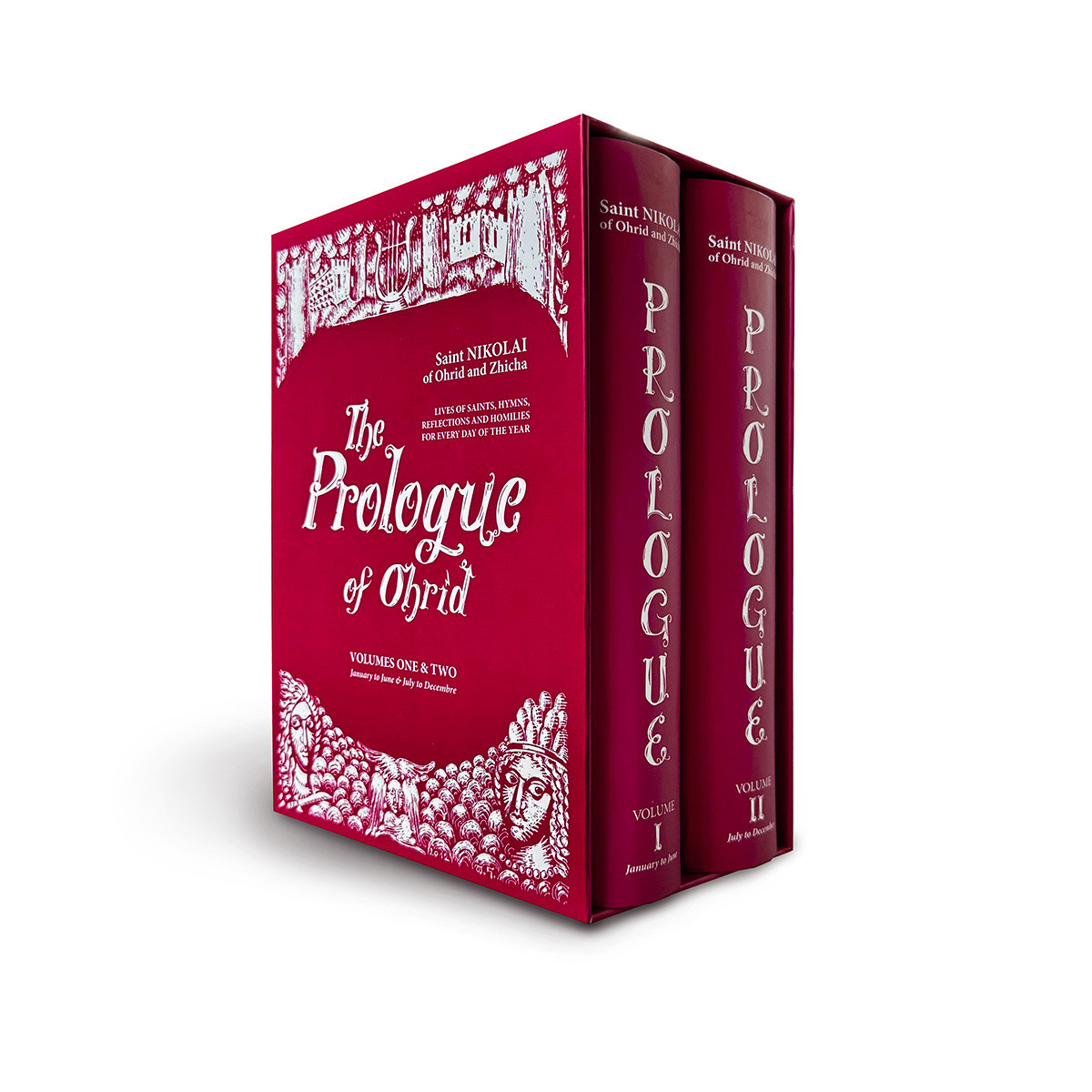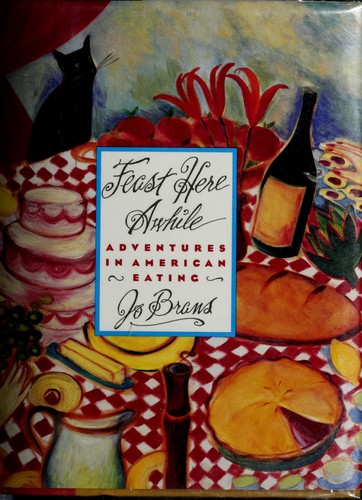Carson Chittom quoted Leaves of Healing by Matt Miller
The theologian Paul Hinlicky uses the term “patiency” to signal that human beings possess not just the ability to act—agency—but the ability to endure. A decent alternative term might be that old King James standby: “longsuffering.” To acknowledge our patiency is to recognize that we are not the protagonists of the drama of creation, but background actors, those required by role and circumstance to take what comes to us. Patiency is the quality modeled by the martyrs, or by Christ, who, though “oppressed and afflicted…did not open His mouth” (Isaiah 53:7). If we would live a moral life, we must endure as surely as we must act. We need not like it; it is simply how things are.
— Leaves of Healing by Matt Miller (Page 21)
